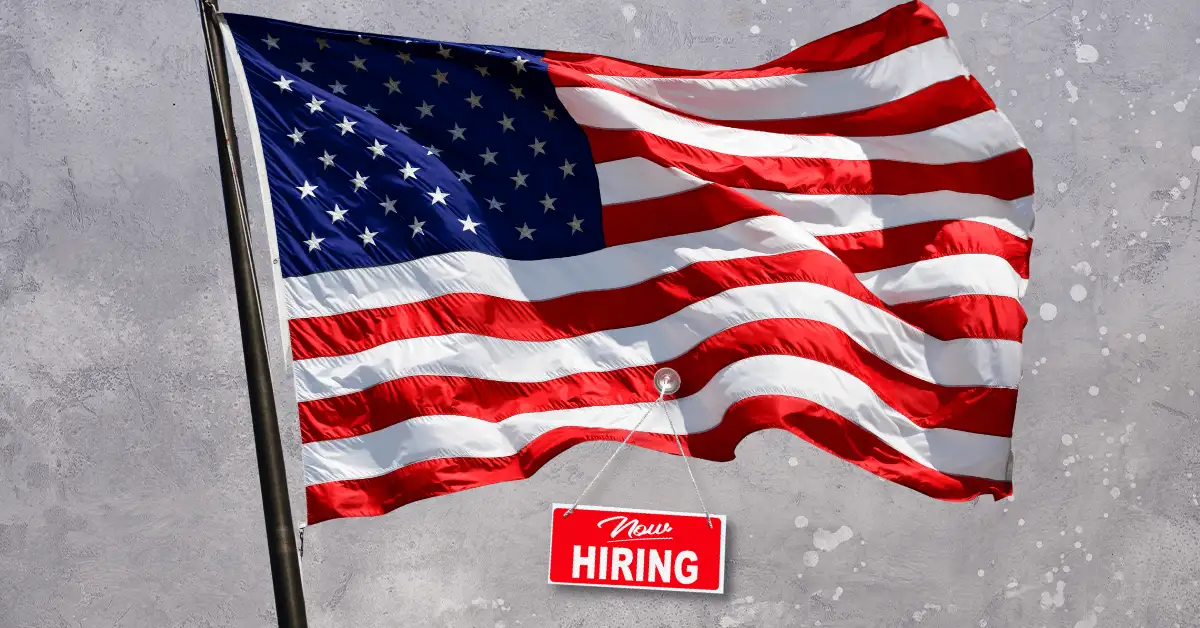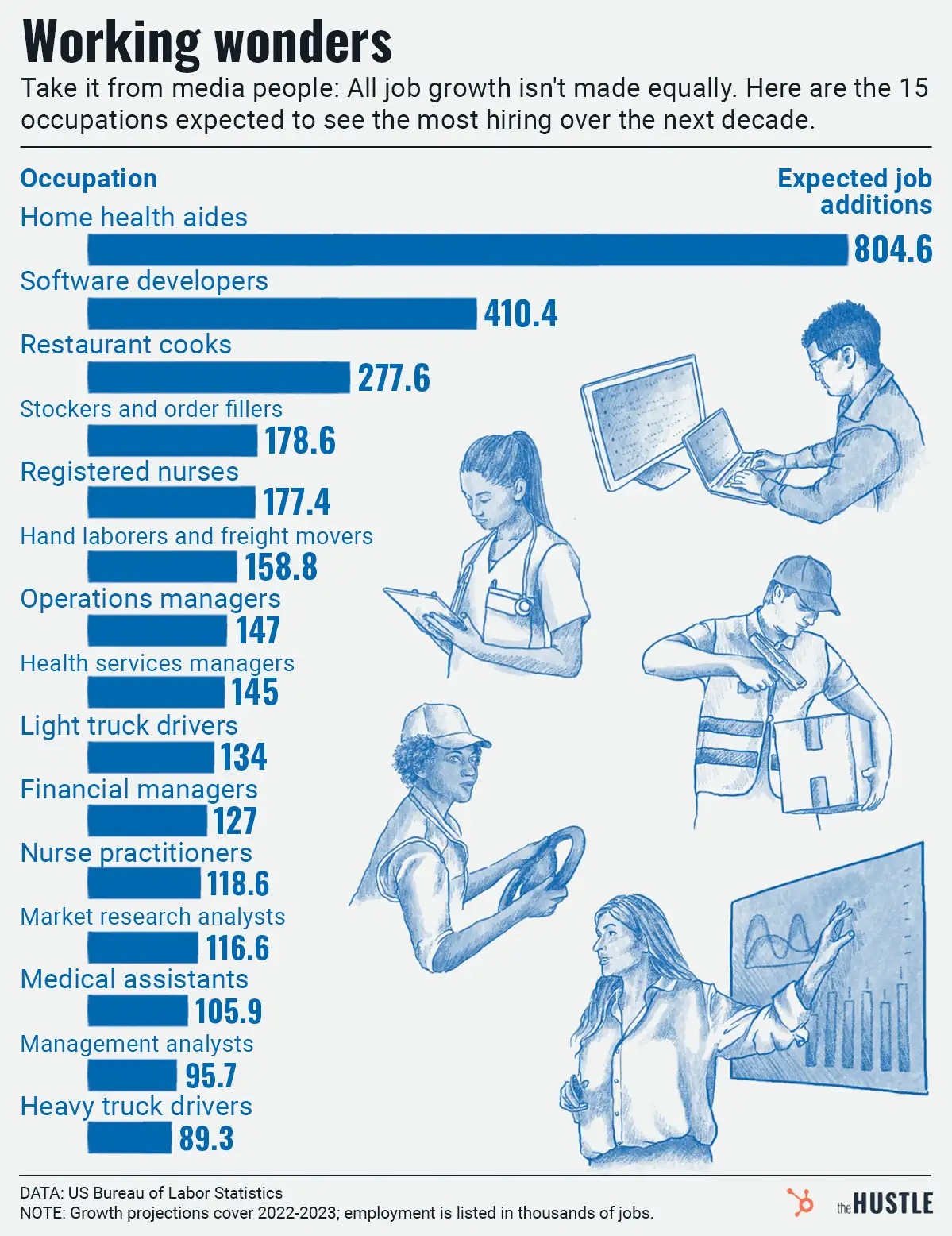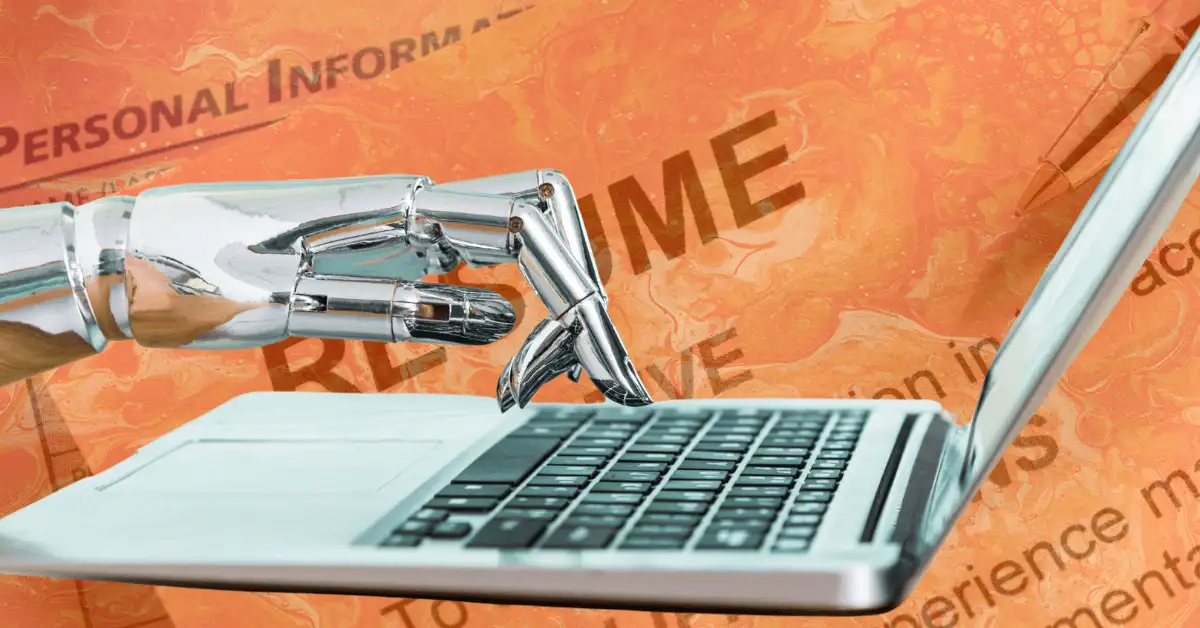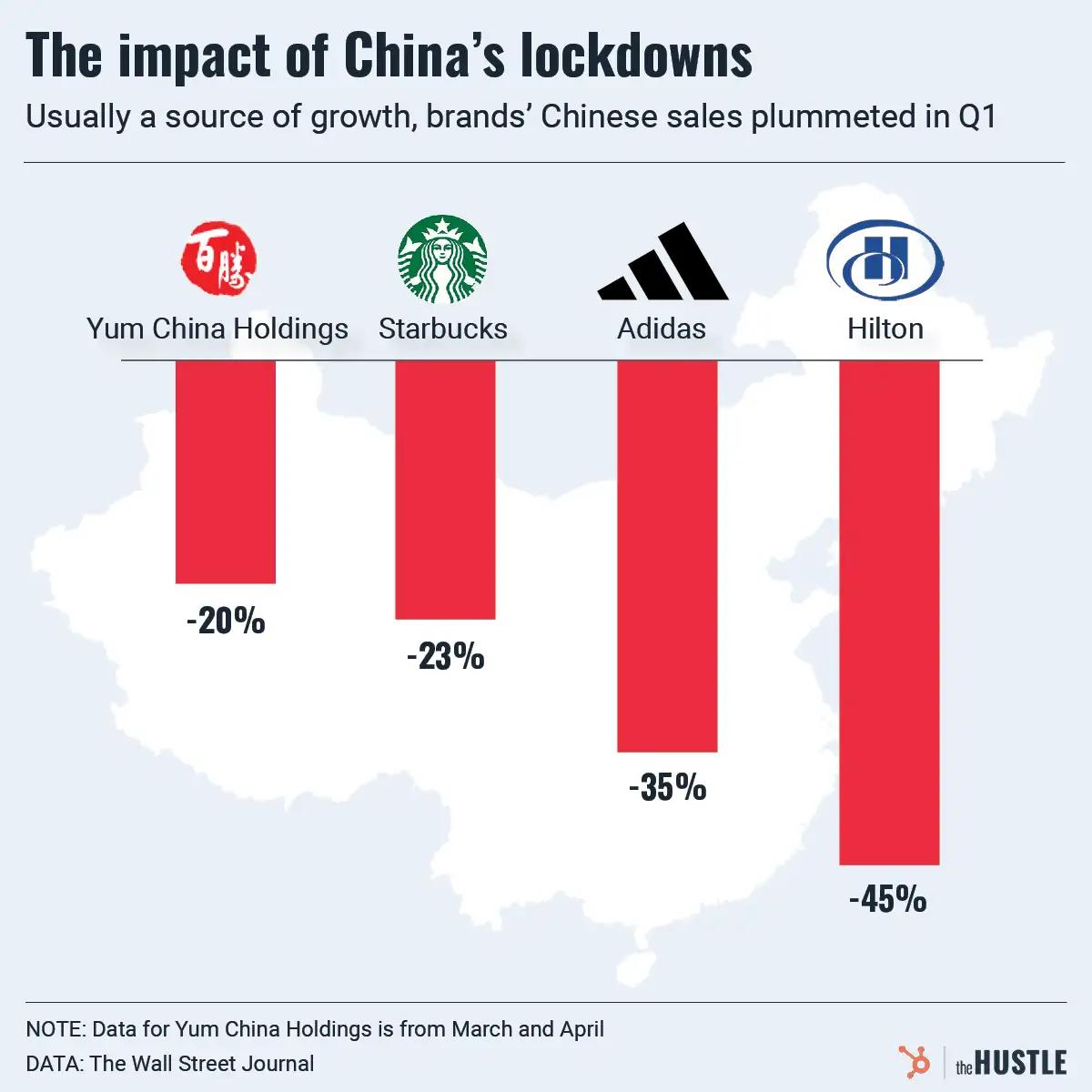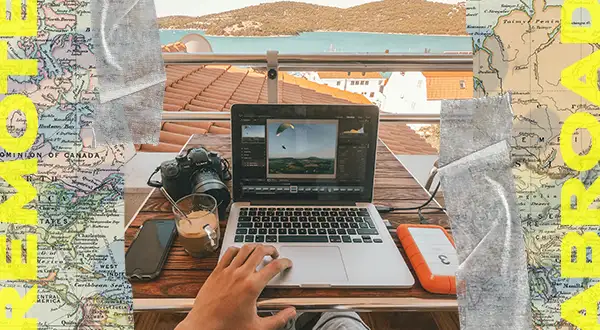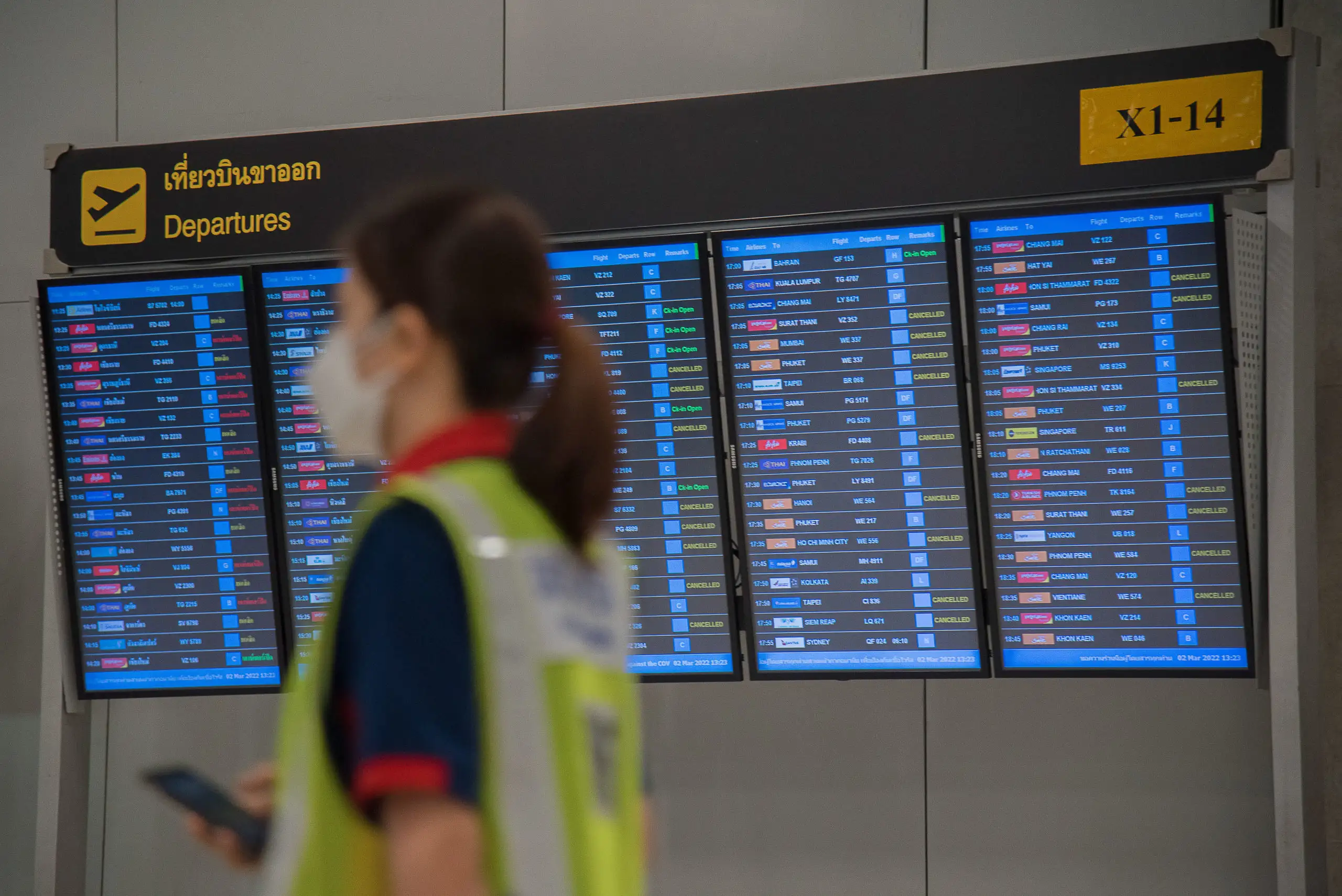If remote work has you missing your daily Starbucks cold brew (with 8 shots of espresso), you aren’t alone.

According to the coffee colossus, COVID-19 — and the related fall in foot traffic — led to a revenue decline of $2.3B last quarter.
As highlighted by Medium’s Steve LeVine, Starbucks is only one data point in a much bigger story: the destruction of the multitrillion-dollar office support economy.
Every related industry affected
Levine rattles off some sobering stats:
- Tens of thousands of office support workers have lost their jobs
- Around $2T in corporate travel will not happen this year
- As of July, ~$21B of hotel-related mortgage loans were delinquent (versus ~$1.15B pre-pandemic)
The next victim: city finances
Whether or not these jobs and businesses return, US cities will be feeling the aftereffects.
With white-collar workers spending less, sales and income taxes will fall. A survey conducted by the National League of Cities showed an average expected decline of 13% in revenue next year, a decline comparable to the 2008-09 financial crisis.
It’s not just money, either. MIT economist David Autor believes the very “cultural vitality of cities” is at risk because of the slowing economy.
What are the longer-term trends?
Levine drops a note of optimism, citing a research paper on postwar Tokyo: “long-lived cities undergoing great temporary shock tend to bounce back.”
Superstar cities like New York and San Francisco have long been criticized for their high cost of living and congestion.
As the remote work shakeout leads more people to flee such cities, there may be an opportunity to bring in a diverse mix of city dwellers to turbocharge the next period of economic dynamism.

